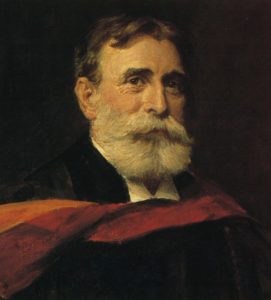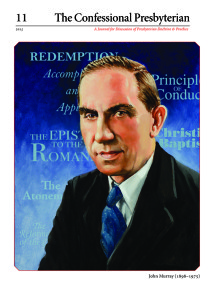Luther, Martin. Career of the Reformer III. In Luther’s Works. Volume 33. Edited by Helmutt Lehmann and Philip S. Watson. Philadelphia: Fortress, 1999. [Bondage of the Will]
The Bondage of the Will is essential reading. Luther believed that Erasmus, to whom he is responding, reached the heart of the Reformation in his critique. It is important to recognize that by bondage of the will Luther does not mean that people do not do what they please. Rather, he means that the will is so bound by sin that people will not choose to come to God apart from the working of God upon their hearts. Luther’s argumentation is both theological and exegetical.

 Warfield, Benjamin B. “The First Question of the Westminster ‘Shorter Catechism.'” In The Works of Benjamin B. Warfield. Volume 6. 1932; Reprinted, Grand Rapids: Baker, 2003.
Warfield, Benjamin B. “The First Question of the Westminster ‘Shorter Catechism.'” In The Works of Benjamin B. Warfield. Volume 6. 1932; Reprinted, Grand Rapids: Baker, 2003.